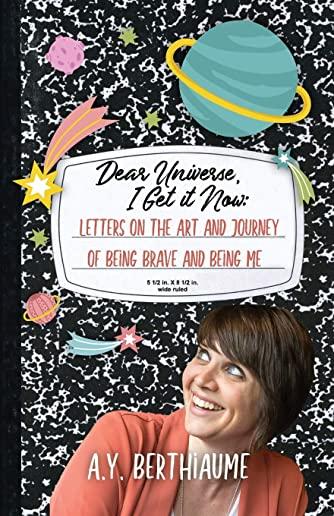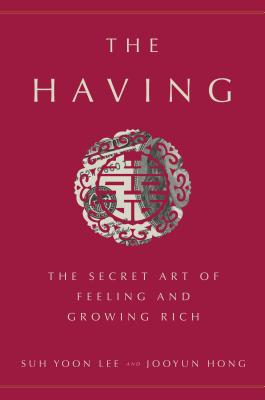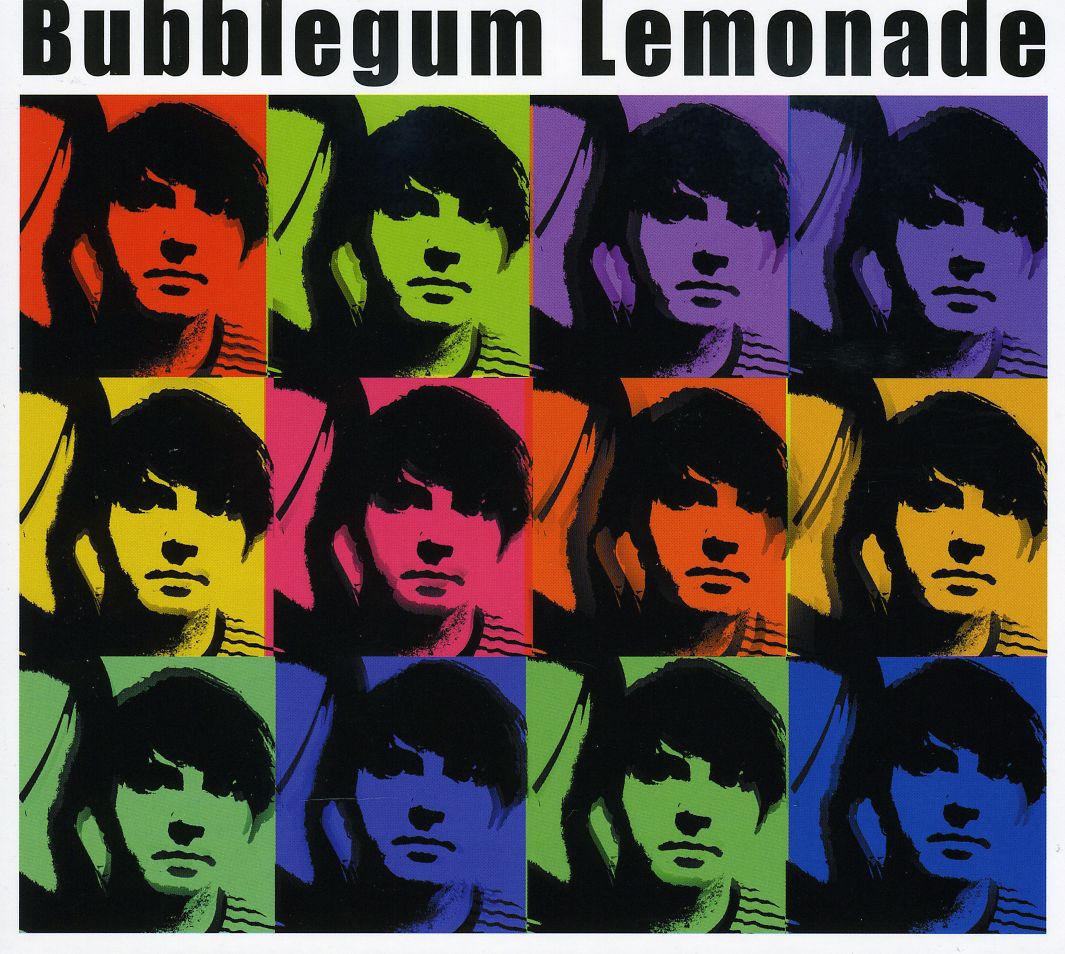
"Thirty years ago, I lay in the womb of a woman, conceived in a sexual act of rape, being carried during the prenatal period by an unwilling and rebellious mother, finally bursting from the womb only to be tormented in a family whose members I despised or pitied, and brought into association with people whom I should never have chosen."
Shortly after its 1925 publication, Gertrude Beasley's ferociously eloquent feminist memoir was banned and she herself disappeared under mysterious circumstances. Though British Nobel Prize winner Bertrand Russell called My First Thirty Years "truthful, which is illegal" and Larry McMurtry pronounced it the finest Texas book of its era, Beasley's words have been all but inaccessible for almost a century--until now.
Beasley penned one of the most brutally honest coming-of-age historical memoirs ever written, one which strips away romantic notions about frontier women's lives at the turn of the 20th century. Her mother and sisters braved male objectification and the indignities of poverty, with little if any control over their futures. With characteristic ferocity, Beasley rejected a life of dependence, persisting in her studies and becoming first a teacher, then a principal, then a college instructor, and finally a foreign correspondent.
Along the way, Beasley becomes a strident activist for women's rights, socialism, and sex education, which she sees as key to restoring bodily autonomy to women like those she grew up with. She is undaunted by authority figures but secretly ashamed of her origins and yearns to be loved. My First Thirty Years is profoundly human and shockingly candid, a rallying cry that cost its author her career and her freedom.
Her story deserves to be heard.
Praise for My First Thirty Years:
"For almost a century in Texas literary circles, Gertrude Beasley's 1925 memoir has been more a legend than a book... The tangled history of My First Thirty Years, and Beasley's horrific personal fate, are case studies in society's merciless treatment of women of her era who gave voice to socially unspeakable truths. The memoir's republication this month, which makes it widely available for the first time in 96 years, is a long-overdue moment of reckoning. It's also a rich gift to the Texas literary canon."--Texas Monthly
"We should all be as fierce, loud, and convinced of our own self-worth as Gertrude Beasley was. This story of a justifiably angry woman living ahead of the world she lived in will resonate deeply today."--Soraya Chemaly, activist and award-winning author of Rage Becomes Her: The Power of Women's Anger
"Gertrude Beasley's 1925 memoir grabs the reader by the arm and holds tight, speaking with a voice as compelling as if she had just put down her pen this morning. Feminist, socialist, and acute observer of both herself and the world around her, Beasley gives us stories that illuminate the costs of poverty and of being a woman. To read My First Thirty Years is to be in conversation with an extraordinary mind."--Anne Gardiner Perkins, author of Yale Needs Women







